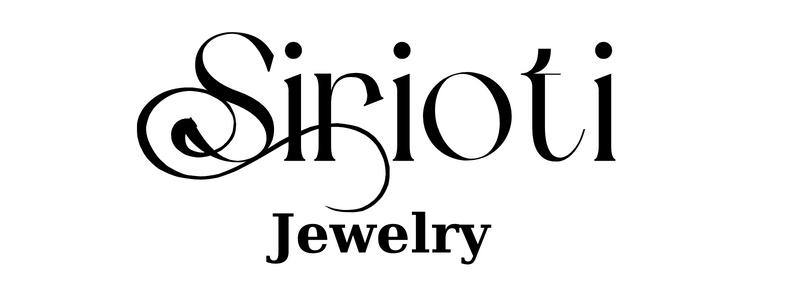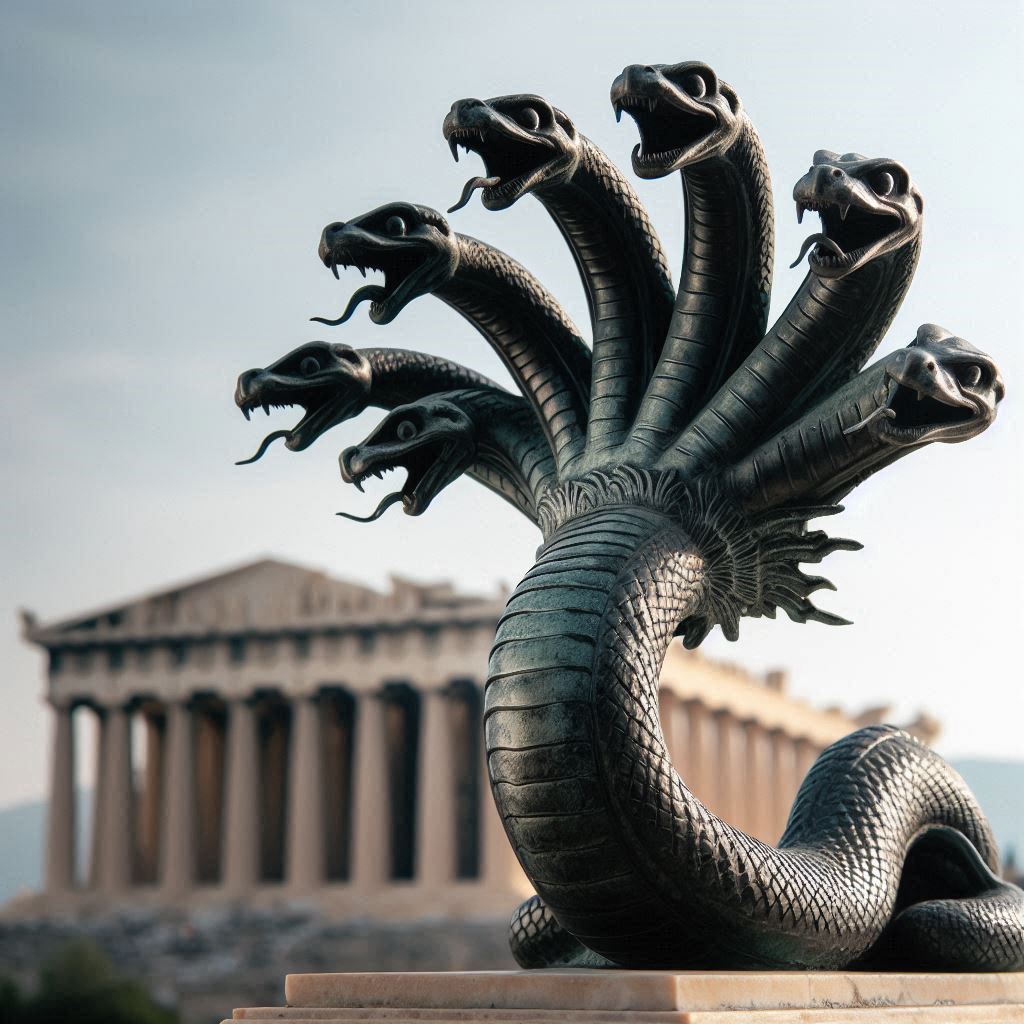The Lernaean Hydra is one of the most terrifying creatures in Greek mythology. Known for its multiple heads and regenerative abilities, it became a symbol of invincibility and persistence. This blog will dive deep into the history, symbolism, and lasting legacy of the Hydra in ancient myth.
Table of Contents
- Origin of the Lernaean Hydra
- What is the Lernaean Hydra?
- The Myth of the Hydra and Hercules
- Symbolism of the Hydra
- Fascinating Facts About the Lernaean Hydra
- Conclusion
 The Lernaean Hydra
The Lernaean Hydra
Origin of the Lernaean Hydra
The Lernaean Hydra has its roots in ancient Greek mythology, specifically tied to the primordial deities. According to legend, the Hydra was born from Echidna, a half-woman, half-snake monster, and Typhon, one of the most feared and powerful creatures in Greek myth. Together, they produced a range of monstrous offspring, including the Nemean Lion, Cerberus, and, of course, the Hydra.
The Hydra lived in the swampy marshlands of Lerna, a location steeped in mythological significance. Lerna was believed to be a sacred and cursed place, home to mysterious springs and an entrance to the underworld. The Hydra’s habitat was a reflection of its dangerous and malevolent nature, and it was said to have terrorized the region for generations before Hercules confronted it.
What is the Lernaean Hydra?
The Lernaean Hydra was a serpentine water monster with many heads, and for every head cut off, two more would grow back in its place. It was said to inhabit the swamps of Lerna in the Peloponnesian Peninsula. This beast was a significant challenge for the hero Hercules, as it formed one of the 12 Labors assigned to him.
The Hydra wasn’t just a dangerous monster, but it was also highly symbolic. Ancient Greeks associated it with the power of regeneration and resilience. Its deadly breath and toxic blood made it a fearsome enemy, making the task of slaying it almost impossible.
The Myth of the Hydra and Hercules
In Greek mythology, Hercules was tasked with slaying the Hydra as the second of his 12 Labors. The story goes that as Hercules chopped off one head, two more would grow back, making the battle increasingly difficult. To finally defeat the monster, Hercules called upon his nephew, Iolaus, who helped by cauterizing the neck stumps with fire, preventing the heads from regenerating.
This labor symbolizes overcoming insurmountable challenges and the importance of strategy, as brute strength alone wasn’t enough to defeat the Hydra.
Symbolism of the Hydra
The Lernaean Hydra represents various symbols in mythology and beyond, including:
- Immortality: The Hydra’s regenerative abilities made it seem almost immortal.
- Resilience: No matter how many heads were cut off, it continued to regenerate and fight back.
- Struggles of Life: The creature has been used as a metaphor for life's many challenges, where solving one problem often leads to others.
In modern contexts, the Hydra is often used as a symbol of difficult situations that seem to grow more complicated the harder you try to resolve them.
Fascinating Facts About the Lernaean Hydra
- Multiple Heads: While ancient texts differ, the Hydra was often described as having anywhere from 5 to 100 heads.
- Toxic Blood: The Hydra's blood was so poisonous that even after its death, Hercules used it to poison his arrows.
- Immortal Head: One of its heads was considered immortal, which Hercules had to bury under a giant rock to prevent it from regenerating.
- Origins in Lerna: The swamps of Lerna, where the Hydra lived, were thought to be the gateway to the underworld in Greek mythology.
- Connection to the Moon: Some ancient scholars believed the Hydra was linked to lunar mythology due to its regenerative nature and the moon's phases.
Conclusion
The Lernaean Hydra is much more than just a terrifying creature from myth. It serves as a symbol of endurance, regeneration, and the complexities of life’s challenges. Hercules' eventual victory over the Hydra is a reminder that even the most overwhelming problems can be overcome with the right combination of persistence, strategy, and help.
Interested in Greek mythology & history? Click here



